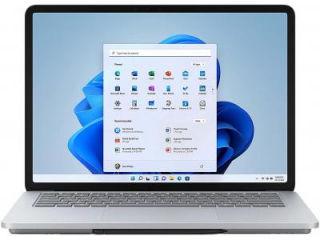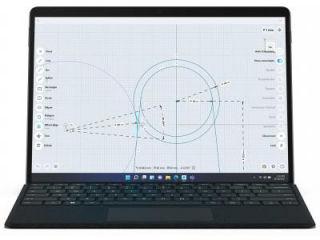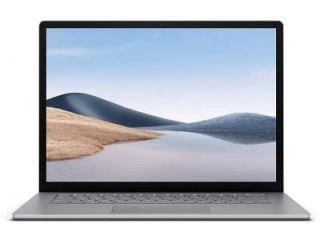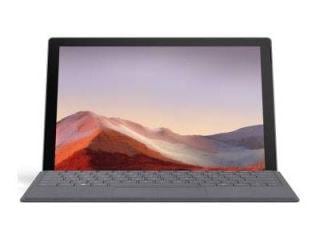Satellites could beam poorest nations out of digital desert
Satellites set to play a key role as rival firms send thousands of new generation transmitters into low level orbit.
_1662620006033_1662620031239_1662620031239.jpg)
_1662620080139.jpg)
_1662620145491.jpg)
_1662620172369.jpg)
_1662620318045.png)
_1662620404439.png)
_1662620557261.png)
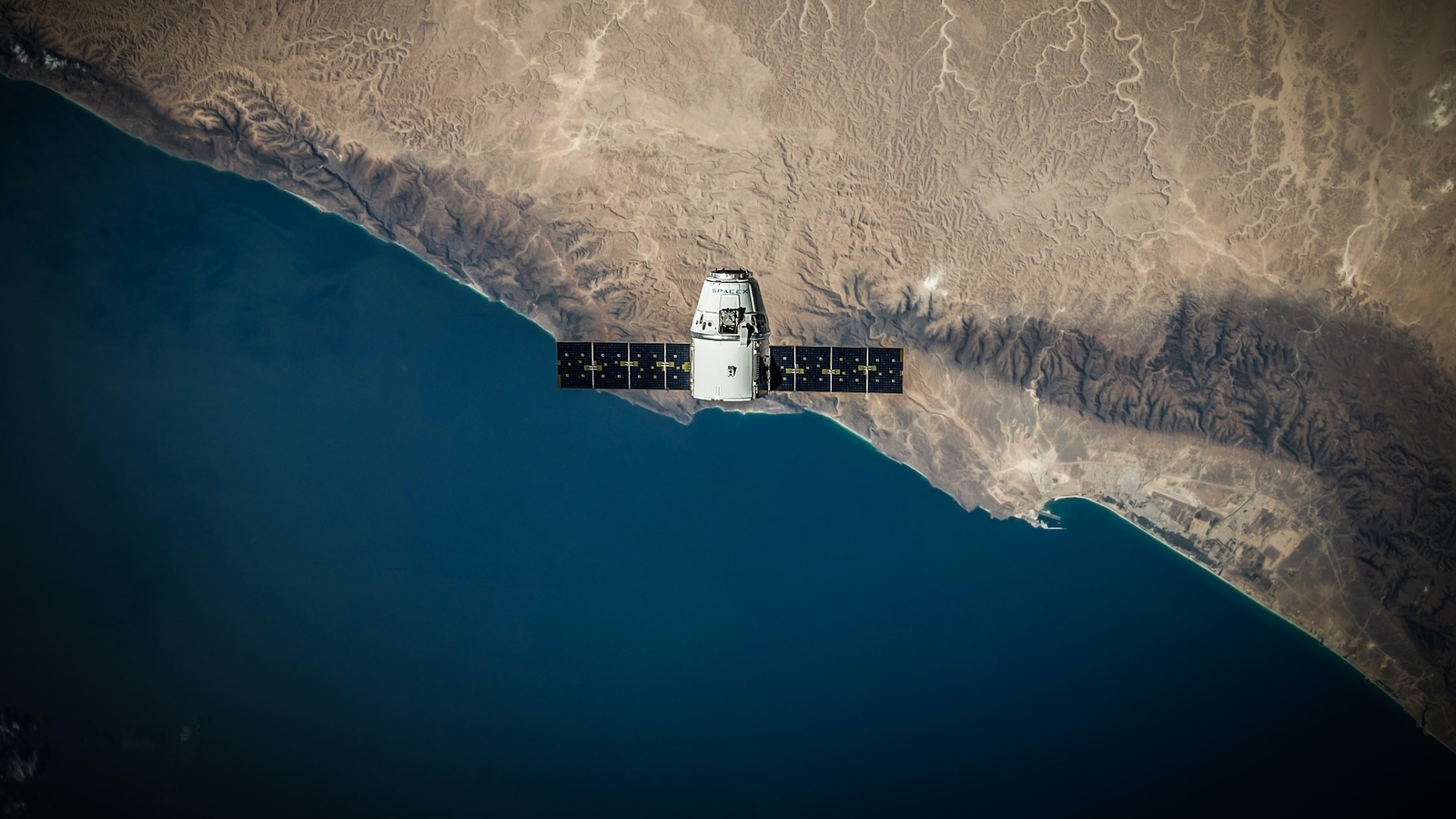
 View all Images
View all ImagesOnly a third of people in the world's poorest countries can connect to the internet, the UN telecoms agency said Sunday, but low-flying satellites could bring hope to millions, especially in remote corners of Africa.
Tech giants including Microsoft have pledged to help populations hobbled by poor internet services to "leapfrog" into an era of online connectivity, with satellites set to play a key role as rival firms send thousands of new generation transmitters into low level orbit.
At the moment just 36 percent of the 1.25 billion people in the world's 46 poorest countries can plug into the internet, the International Telecommunication Union said. By comparison, more than 90 percent have access in the European Union.
The ITU condemned the "staggering international connectivity gap" that it said had widened over the past decade.
The divide has been a key complaint at a UN summit of Least Developed Countries in Doha, where UN Secretary General Antonio Guterres told their leaders that "you are being left behind in the digital revolution".
The digital dearth is particularly acute in some African countries, including the Democratic Republic of Congo, where barely a quarter of the population of nearly 100 million can connect.
While internet access is easy in major DRC cities such as Kinshasa, huge rural zones and swathes of territory battled over by rival rebel groups for more than two decades are digital deserts.
The launch of thousands of Low-Earth Orbit satellites could bring speedy change and boost African hopes, tech experts promised at the Doha summit.
'Leapfrog other nations'
Satellite coverage will play a key role in Microsoft's vow to bring internet access to 100 million Africans by 2025, which was outlined ahead of the summit.
Microsoft announced a first phase for five million Africans in December and last week added a commitment to cover another 20 million people.
The initial five million will be served by Viasat, one of the companies sending constellations of satellites into space to compete with land-based fibre broadband.
Elon Musk's SpaceX and Starlink are also putting thousands of satellites into an orbit between 400 and 700 kilometres (250 to 430 miles) above Earth.
Microsoft president Brad Smith told AFP that when he first saw the 20 million figure proposed by his team last year, he asked "is this real?", but that he was now convinced it is possible.
"The technology costs have come down substantially and will continue to drop," he said. "That is part of what makes it possible to move this fast to reach this size of population.
"Countries in Africa have the opportunity to leapfrog other nations when it comes to the regulatory structure for something like wireless communications," he added.
"We can reach many more people than we could with fixed line technologies five or 10 or 15 years ago."
Bandwidth bonanza
Richer countries have already largely allocated the available bandwidth for telecoms and television.
"In Africa the spectrum isn't being used and so it is available and the governments are moving faster to bring this connectivity to more people," Smith said.
Microsoft is working with Africa telecoms specialist Liquid Intelligent Technologies to provide internet for the second segment of 20 million people.
Providing internet and digital skills training for thousands of Africans was part of an effort to provide a private-sector alternative to "foreign aid", Smith said, declaring that "we are bullish on what we believe digital technology can do for development".
But the Microsoft president acknowledged that the private sector is "woefully under-developed and under-invested" in many LDC economies.
Liquid Intelligent says it has 100,000 kilometres (62,000 miles) of land fibre across Africa but is building a major satellite footprint.
"In hard-to-reach areas," said Nic Rudnick, its deputy chief executive, "satellite is often the only technology or the most reliable technology for fast broadband that always works."
Catch all the Latest Tech News, Mobile News, Laptop News, Gaming news, Wearables News , How To News, also keep up with us on Whatsapp channel,Twitter, Facebook, Google News, and Instagram. For our latest videos, subscribe to our YouTube channel.








